Umeed Drama Review: Umeed, a Pakistani drama that aired in 2019, captivated audiences with its heartwarming narrative exploring themes of resilience, family dynamics, and the unwavering power of hope in the face of adversity. This review delves into the core elements of the drama, analyzing its characters, exploring its themes, and assessing its lasting impact.

A Story of Family, Loss, and Rebuilding Lives
The narrative centers around Saima (Iqra Aziz), a strong and determined woman who, along with her young daughter Amna (Areeba Habib), faces the devastating loss of her husband and Amna’s father, Saqib (Farhan Ali Mirza). As they navigate the emotional turmoil of grief and the challenges of rebuilding their lives, they encounter unexpected support, face societal pressures, and ultimately rediscover the power of hope and resilience within themselves.
Beyond Grief: Unveiling the Layers of Loss
Umeed goes beyond simply portraying the initial stages of grief. The drama delves deeper, showcasing the long-term impact of loss on individuals and families. It portrays Saima’s internal struggles as she grapples with the weight of responsibility, the challenges of single parenthood, and the emotional void left by Saqib’s absence. Amna’s journey highlights the confusion and vulnerability children experience when faced with the loss of a parent, showcasing the importance of emotional support and open communication during difficult times.
The Strength of Family: Beyond Blood Ties
The drama emphasizes the importance of family, not only through blood ties but also through bonds built on love and compassion. Saima finds unexpected support in her in-laws, who, despite initial reservations, ultimately embrace her and Amna as part of their family. This portrayal challenges traditional societal expectations and emphasizes the power of found family and chosen communities in providing love and support during times of need.
Navigating Societal Pressures: Beyond Stereotypes
Umeed portrays the societal pressures faced by single mothers and widows in Pakistan. Saima grapples with societal expectations regarding remarriage and the limitations imposed on her independence and career aspirations. However, the drama avoids portraying these characters as helpless victims. Instead, it showcases Saima’s strength and determination as she challenges these norms and strives to build a fulfilling life for herself and her daughter on her own terms.
Performances that Evoke Empathy and Strength
The success of the drama hinges on the compelling performances delivered by its cast. Iqra Aziz portrays Saima’s journey with remarkable depth, showcasing her grief, resilience, and unwavering love for her daughter. Areeba Habib delivers a nuanced performance as Amna, capturing the vulnerability and confusion of a child coping with loss. The supporting cast, including Farhan Ali Mirza and the actors portraying Saima’s in-laws, add depth and emotional resonance to the narrative.
A Catalyst for Conversations and Societal Reflection
Umeed serves as a catalyst for conversations and societal reflection. By portraying the challenges faced by single mothers and widows, the drama encourages viewers to:
- Challenge societal biases and promote empathy and understanding towards individuals navigating grief and loss.
- Advocate for support systems for single mothers and widows, ensuring they have access to resources and opportunities to thrive.
- Recognize the importance of open communication within families, especially when dealing with difficult situations like loss and grief.
Beyond Resilience: A Celebration of the Human Spirit
Despite the challenges faced by the characters, Umeed ultimately celebrates the unwavering power of the human spirit and the enduring strength of hope. Saima’s journey from grief to self-reliance and Amna’s gradual healing process serve as testaments to the human capacity to overcome adversity and rebuild lives filled with hope and love. This message resonates with viewers facing their own challenges, encouraging them to find strength within themselves and embrace a future filled with hope and possibility.
A Deeper Look into the Characters’ Motivations
Umeed goes beyond simply portraying characters in black and white. It delves into their complexities, allowing viewers to understand their motivations and empathize with their struggles on a deeper level.
Saima’s Journey: Beyond Resilience
While Saima embodies resilience and strength, the drama explores her motivations beyond simply “overcoming hardship.” She grapples with the conflicting emotions of grief and guilt, the internal pressure to fulfill societal expectations while remaining true to her values, and the constant challenge of balancing her own emotional needs with those of her daughter. This layered portrayal showcases the emotional toll of loss, the strength required to navigate complex societal pressures, and her unwavering dedication to providing a secure and fulfilling life for Amna.
Amna’s Growth: Beyond Vulnerability
Amna’s character is not simply defined by her vulnerability as a child coping with loss. The drama portrays her gradual growth, resilience, and the development of coping mechanisms to navigate her grief. She demonstrates courage in expressing her emotions, seeks support from trusted individuals, and gradually rediscovers moments of joy and hope as she adapts to her new reality.
Supporting Characters: Beyond Stereotypes
The supporting characters in Umeed play crucial roles in enriching the narrative and offering diverse perspectives. Saima’s supportive in-laws, while initially hesitant, showcase the potential for positive change and the power of familial bonds to transcend social norms. Conversely, characters who perpetuate societal biases towards single mothers highlight the need for continued dialogue and societal transformation.
Exploring Cultural Context: Beyond Universality
While the themes of grief, resilience, and hope resonate universally, Umeed offers a glimpse into specific cultural nuances. The drama portrays the challenges faced by widows within the Pakistani social context, the societal expectations regarding family structure and remarriage, and the potential for community support systems to play a crucial role in overcoming adversity. This cultural context adds depth to the narrative and allows viewers to understand the characters’ motivations within the framework of their specific social setting.
Beyond Societal Reflection: A Call for Individual Action
While the drama encourages individual reflection and empathy towards those facing societal pressures, it also subtly advocates for individual action to promote positive change. By showcasing the transformative power of Saima’s personal journey and her efforts to challenge societal norms, the drama encourages viewers to:
- Promote education and awareness about the challenges faced by single mothers and widows, fostering empathy and understanding within communities.
- Advocate for policies and support systems that empower single mothers and widows, ensuring they have access to resources and opportunities to achieve self-sufficiency.
- Challenge discriminatory societal norms through open dialogue and individual actions that promote inclusivity and respect for diverse family structures.
A Reminder of Love and the Power of Community
Despite the struggles faced by the characters, Umeed ultimately reaffirms the power of love and community in overcoming adversity. The unwavering love between Saima and Amna, the unexpected support from their in-laws, and the kindness shown by members of their community serve as reminders that human connection and compassion play vital roles in fostering hope and resilience. This message resonates with viewers facing personal challenges, encouraging them to seek support from loved ones and their broader communities, and to embrace the potential for love, hope, and connection to guide them through difficult times.
In Conclusion: A Thought-Provoking Drama with Lasting Impact
Umeed is a captivating drama that offers a nuanced exploration of resilience, family dynamics, and the power of hope. The drama’s complex characters, thought-provoking themes, and exploration of societal issues leave a lasting impact on viewers. Its enduring legacy lies in its ability to spark conversations about challenging societal norms, promoting empathy and understanding, and celebrating the human spirit’s ability to overcome adversity and find hope in the face of loss.
Share this content:
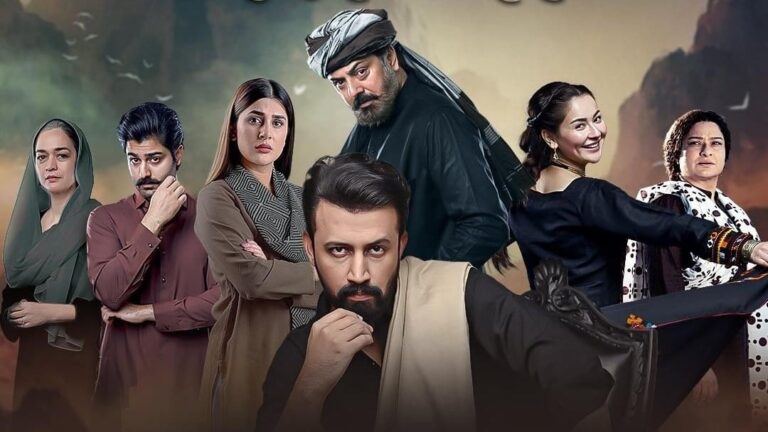
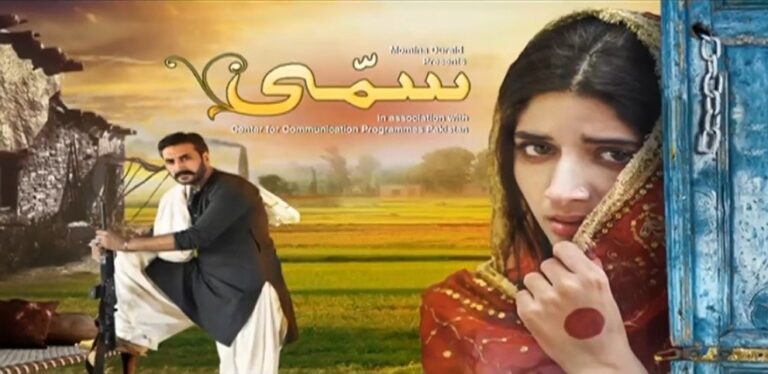


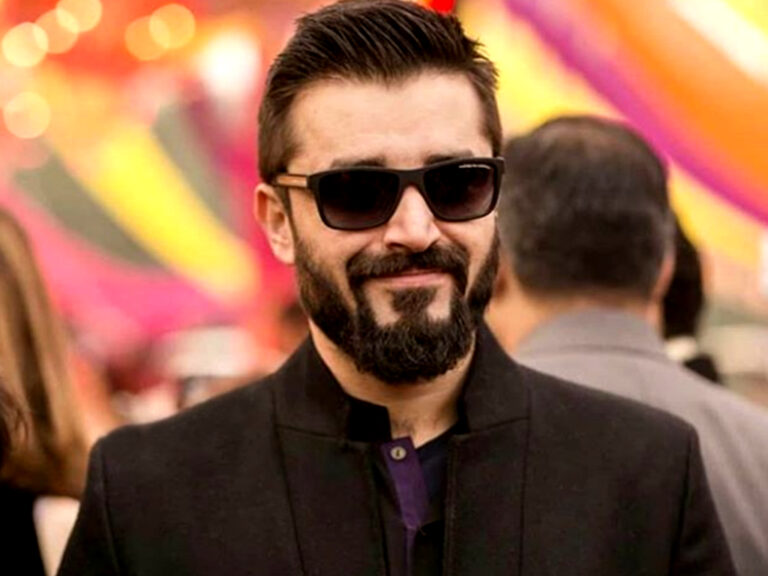
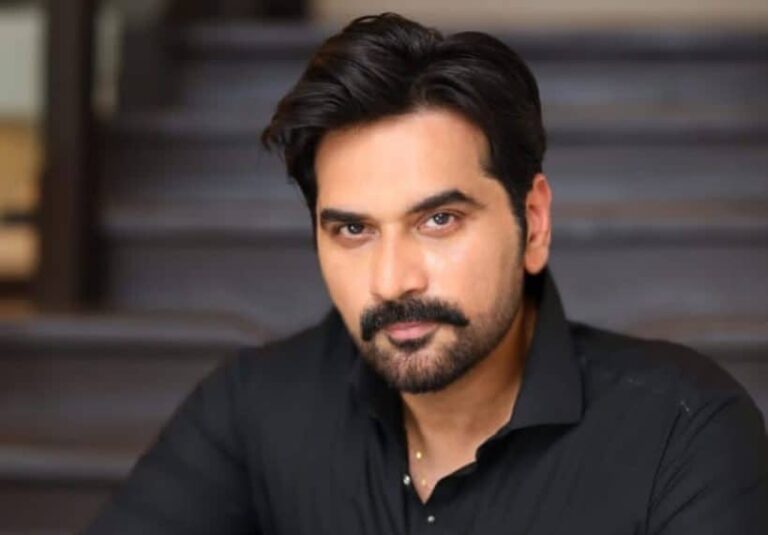






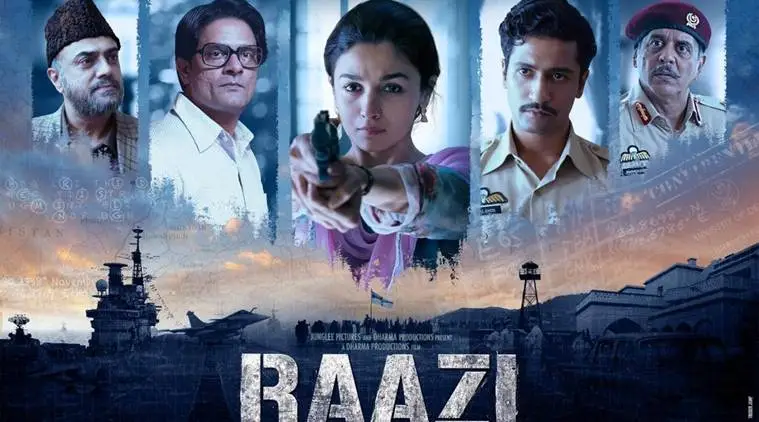
+ There are no comments
Add yours